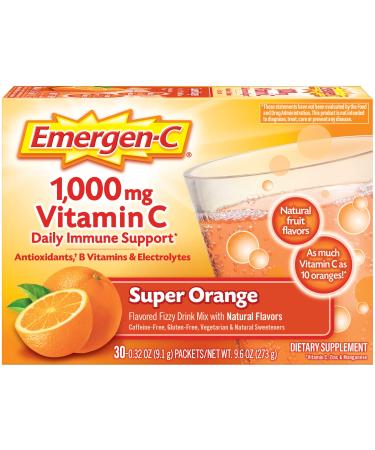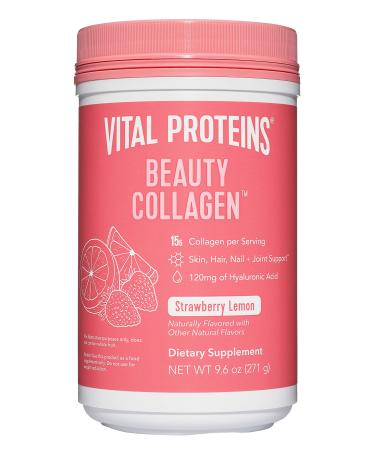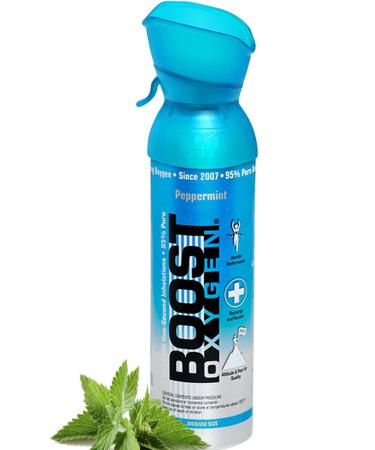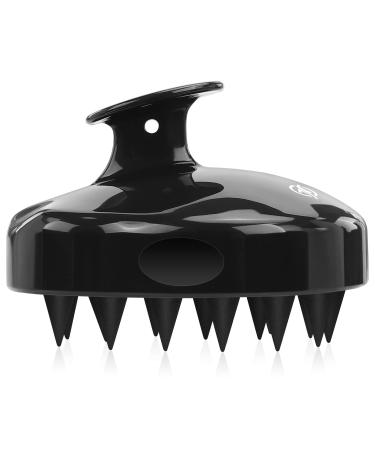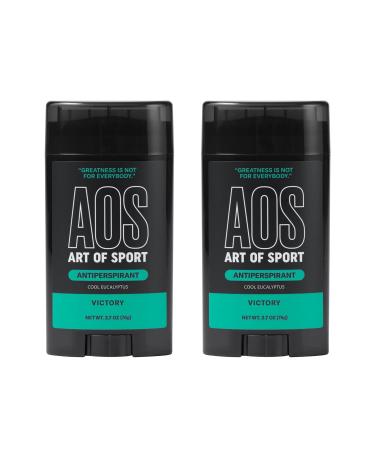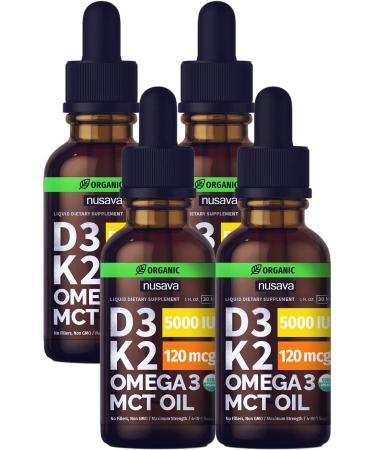Supports Physical Performance and Reduces Fatigue*
Researchers attempted to determine whether short-term supplementation with Ubiquinol can prevent oxidative stress associated with strenuous exercise. The participants (n = 100 healthy and well trained, but not at an elite level) were classified into two groups: Ubiquinol (experimental group), and placebo group (control). The protocol consisted of conducting two identical strenuous exercise tests with a 24h rest period between tests. Blood and urine samples were collected from participants before supplementation (basal value) (T1), after supplementation (2 weeks) (T2), after first physical exercise test (T3), after 24 h of rest (T4), and after second physical exercise test (T5). The increase observed in the lactate, isoprostanes, DNA damage, and hydroperoxide levels reveals the severity of the oxidative damage induced by the exercise. The study concluded that short-term supplementation (2 weeks) with Ubiquinol (200 mg/day) before strenuous exercise, decreases oxidative stress and increases plasma NO, which could improve endothelial function, energetic substrate supply, and muscle recovery after strenuous exercise.
Another trial was designed to evaluate the benefits of CoQ10 administration for mitochondrial function. Twenty athletes aged ≥ 50 years who were taking stable doses of statins were randomized to receive either CoQ10 (200 mg daily) or placebo for 6 weeks in a double-blind, placebo-controlled, crossover study to evaluate the impact of CoQ10 on the anaerobic threshold (AT). Several secondary endpoints, including muscle function, cardiopulmonary exercise function, and subjective feelings of fitness, were also assessed. The researchers found that CoQ10 improved AT compared to baseline values in 11 of 19 (58%) subjects and compared to placebo treatment values in 10 of 19 (53%) subjects. Overall, treatment with CoQ10 (200 mg daily) did not significantly improve AT in older athletes taking statins. However, it did improve muscle performance as measured by time to AT and leg strength (quadriceps muscle reps). Many other measures of mitochondrial function also tended to improve during CoQ10 treatment.
A separate study attempted to determine the changes of oxidative stress and antioxidant markers in plasma after repeated bouts of supramaximal exercise and the effects of coenzyme Q10 supplementation on these changes. This randomized, double blind, crossover study was composed of two 8-week periods of supplementation with either 100 mg/day CoQ10 or placebo. Fifteen healthy and sedentary men participated in the study. Five Wingate tests with 2 min rest between tests were performed. Blood samples were collected at rest, immediately after, 15 and 60 min after the fifth Wingate test for oxidative stress (malondialdehyde, nitric oxide, xanthine oxidase and adenosine deaminase) and antioxidant (superoxide dismutase, glutathione peroxidase and uric acid) markers. The researchers found that CoQ10 supplementation partially prevents lipid peroxidation increase after repeated short-term supramaximal exercise.
A secondary analysis using the same subjects as the previous study tried to determine the effects of oral CoQ10 on performance during repeated bouts of supramaximal exercise. This randomized, double-blind, crossover study was composed of two 8-week periods of supplementation with either 100 mg/d CoQ10 or placebo. Fifteen healthy and sedentary men participated in the study. Five Wingate tests (WTs) with 75 g.kg body weight load with 2-minute intervals between tests were performed 3 times at baseline, after CoQ10, or placebo supplementation during the study period. Peak power (PP), mean power (MP), and fatigue index were calculated. The analysis concluded that CoQ10 may show performance-enhancing effects during repeated bouts of supramaximal exercises and CoQ10 might be used as ergogenic aid.
A different study examined the effect of an antioxidant, coenzyme Q10 (CoQ10), on muscular injury and oxidative stress during exercise training. Eighteen male students, all elite Japanese kendo athletes, were randomly assigned to either a CoQ10 group (n 10) or a placebo group (n 8) in a double-blind manner. Subjects in the CoQ10 group took 300 mg CoQ10 per d for 20 d, while subjects in the placebo group took the same dosage of a placebo. All subjects practiced kendo 5.5 h per d for 6 d during the experimental period. Blood samples were taken 2 weeks before, during (1 d, 3 d, 5 d) and 1 week after the training. The researchers found that CoQ10 supplementation reduced exercise-induced muscular injury in athletes.
Other researchers examined the effects of coenzyme Q10 administration on physical fatigue. In a double-blinded, placebo-controlled, three crossover designs, 17 healthy volunteers were randomized to oral coenzyme Q10 (100 or 300 mg/d) or placebo administration for 8 d. As a fatigue-inducing physical task, subjects performed workload trials on a bicycle ergometer at fixed workloads twice for 2 h and then rested for 4 h. During the physical tasks, subjects performed non-workload trials with maximum velocity for 10 s at 30 min (30-min trial) after the start of physical tasks and 30 min before the end of the tasks (210-min trial). The researchers found that oral administration of coenzyme Q10 improved subjective fatigue sensation and physical performance during fatigue-inducing workload trials and might prevent unfavorable conditions because of physical fatigue.
* This statement has not been evaluated by the FDA. This product is not intended to diagnose, treat, cure, or prevent any disease.




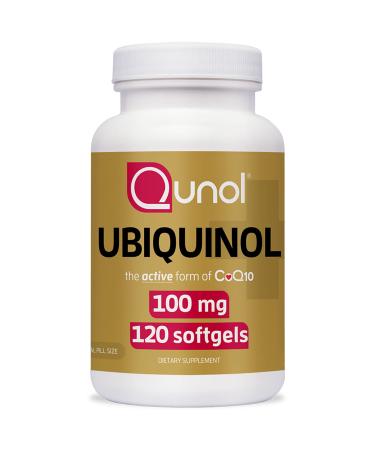

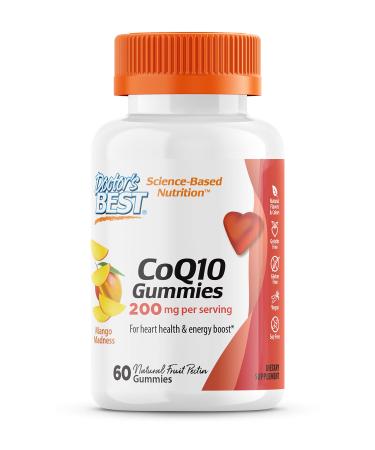
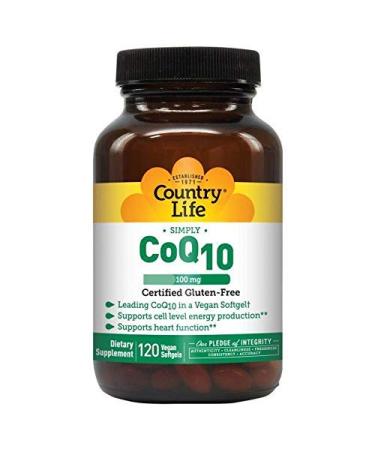



![Stewart Freeze Dried Dog Treats Made in USA [Single Ingredient Puppy and Dog Training Treats - Grain Free Natural Dog Treats] Resealable Tub to Preserve Freshness](https://www.gosupps.com/media/catalog/product/cache/25/small_image/375x450/9df78eab33525d08d6e5fb8d27136e95/6/1/61gwbbixarl._ac_sl1500_.jpg)
